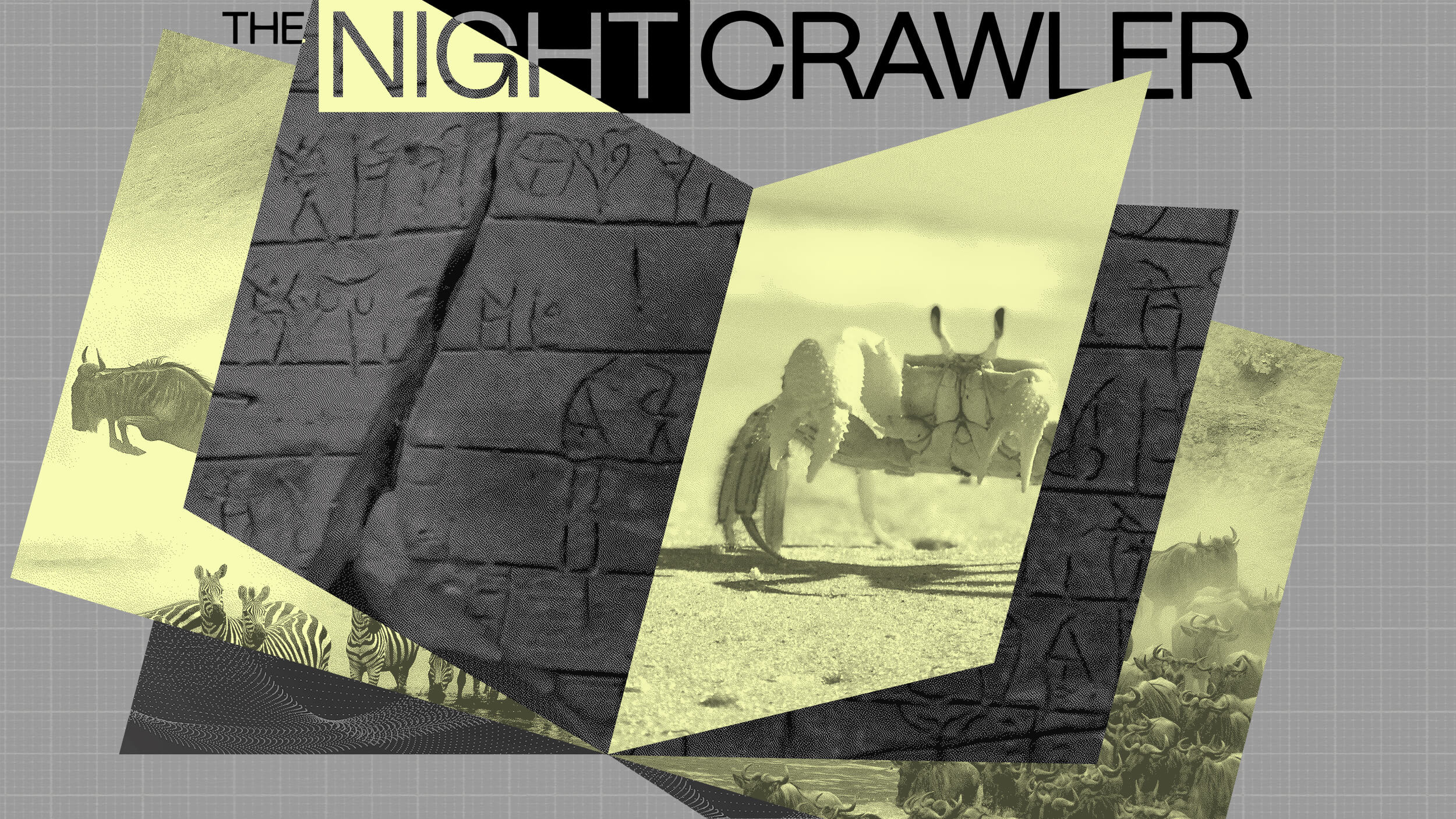Rita Dove offers advice for those looking to make a career out of poetry.
Question: In this day of digital media and short attention spans, what is the future of poetry?
Rita Dove: I think it’s going to be a mix of things. First of all, poetry of all the forms of literature I think is the most suited for the digital age and for the shorter attention spans and all of that. It Twitters very easily, some lyric poems and it’s very easy to zip a poem to someone, so that’s one of the things I think is wonderful about poetry in the digital age. I think that it’s going to be a mix between people who will really only need to see a book on a page and those who will only want to hear it on the stage or want to hear the oral word. What is interesting about the digital age is because of all of the ways in which we have of transporting moving images now and making it very portable.
The oral aspect of poetry is coming back. I mean poetry began as an oral discipline and then we had the printing press and then it became gradually something which began to lose a little bit of its musicality because now we could read it, so all of the rhymed poems which… You know all of the formal poems which certainly began as a way of helping us remember a poem, as an aid to memory, it rhymed, that wasn’t necessary anymore. We moved away from that. Now we have spoken word. Rhyme is coming back in, so it’s absolutely fascinating to me. I think it’s going to change a little bit more, become a little bit more musical and we’ll have a whole range of things, but it’s an exciting time.
Question: What is your advice to an aspiring young poet in today’s world?
Rita Dove: My first advice would be to read, read, read, which sounds interesting coming in a digital age, but it’s so much easier to listen to a poem than it is to sit down and actually read it and to hear it in your head and that is something that every poet or aspiring poet needs to be able to do, I think to hear it in their head. What I wish someone had told me. I wish someone had told me that my stories are really mine to tell. In other words, anything that I think is important or that has moved me has the ability to move somebody else. It was a long process to… for me and I think for many young poets to be able to realize that even the smallest, the most domestic experience can move someone else. It doesn’t have to be about the Trojan War. You know it doesn’t have to be the Iliad. It doesn’t have to be something that again, here we get to history, that makes it to the front page of the news, but we live our lives in detail, all of us. We walk down the street. We breathe. We hear things. We try to transcribe it generalities and the details are what make us come alive and I wish someone had said that just at the beginning, so I wouldn’t have felt so discouraged when I began writing and thinking who would want to hear the stories of a young black girl growing up in the Midwest. You know that’s not interesting. I have to live in Paris. No, you don’t.
Question: Should poets be thinking of their audience as they write?
Rita Dove: I’m not thinking of my audience, which does not mean that I’m doing it for myself. At the very beginning when I begin writing a poem I try not to think of the audience or anyone at all except for trying to get at the very center of what is driving that poem. In a way it’s like analyzing myself. Why did I even sit down to write this? Why is it even interesting? What is it that drives this thing? That means going down into the very deepest psychological moments, things that can frighten and scare you and I think that to think of an audience at that point would actually drive those thoughts away. But and during the process of revision in what happens is that I’m thinking about the language and how I can use the language, which is my tool to convey whatever this experience slash emotion is, so that if anyone else sits down to read it they can also feel it, so it’s beyond just saying, talking about describing something. It’s also using words which help to shape the emotion so that if it’s supposed to be something very hectic or a frantic moment then the words probably would be shorter and clipped and you know things like that. During that revision process it becomes less and less a private matter and more and more something for an anonymous audience. I don’t try to imagine an audience at that stage. I don’t try to imagine an audience in the sense of well these are all educated people you know from the ages of 18 to 45. I just think of there is someone out there who might want to read this. If they read this I want them to get to feel the same thing that I’m feeling and that’s my audience, but that in the end I’m thinking only of them and I’m not there anymore.
Recorded on November 19, 2009





